Horror movies have long been a staple of the film industry, drawing audiences into their eerie worlds with tales of suspense, fear, and sometimes, pure terror. From the early classics like Dracula and Frankenstein to modern hits such as Get Out and The Conjuring, the genre has continuously evolved, adapting to changing times and preferences. But in recent years, horror movies have experienced an unprecedented surge in popularity, especially among younger audiences like Generation Z and Millennials. What is it about horror that fascinates people, and why is it resonating so deeply today? In this article, we explore the reasons behind the growing appeal of horror movies, how they offer a unique form of entertainment, and why many find them a source of comfort in a chaotic world.
The Thrill of Horror Movies
For many people, horror movies provide a thrill that is hard to find elsewhere. This is especially true for younger audiences, who are often drawn to the excitement of being scared. Watching a horror movie can be an adrenaline rush—a way to feel a sense of danger without actually being in harm’s way. It’s like riding a rollercoaster; the fear feels real, but there’s the safety of knowing that you’re not actually at risk.
According to Andrea Subissati, a Toronto-based editor of the horror fiction magazine Rue Morgue, young people are especially attracted to horror movies because they feel forbidden. “Part of the appeal for younger people in horror is that younger people aren’t supposed to like horror,” she explains. For many teenagers, watching something they aren’t supposed to or something they know their parents wouldn’t approve of adds an extra layer of excitement.
Horror Movies as a Reflection of Society
Horror movies do more than just scare; they also reflect the anxieties and fears of society. In recent years, the news cycle has been filled with stories of pandemics, social unrest, and economic uncertainty. Horror films tap into these real-world fears, offering audiences a way to process and confront their anxieties in a safe, controlled environment.
Ms. Subissati points out that, especially with the rise of movements like Black Lives Matter and the experience of living through the COVID-19 pandemic, many people today feel a heightened sense of danger. For some, horror movies serve as a form of catharsis, allowing them to engage with these fears and find relief in seeing them play out on screen.
Young people, particularly Generation Z, often feel the weight of these issues more intensely. Many of them have grown up in a post-9/11 world where safety is never guaranteed, and mass shootings are a constant fear, especially in places like the United States. Horror movies resonate with this sense of insecurity, providing a space to explore what scares them in a way that feels manageable.
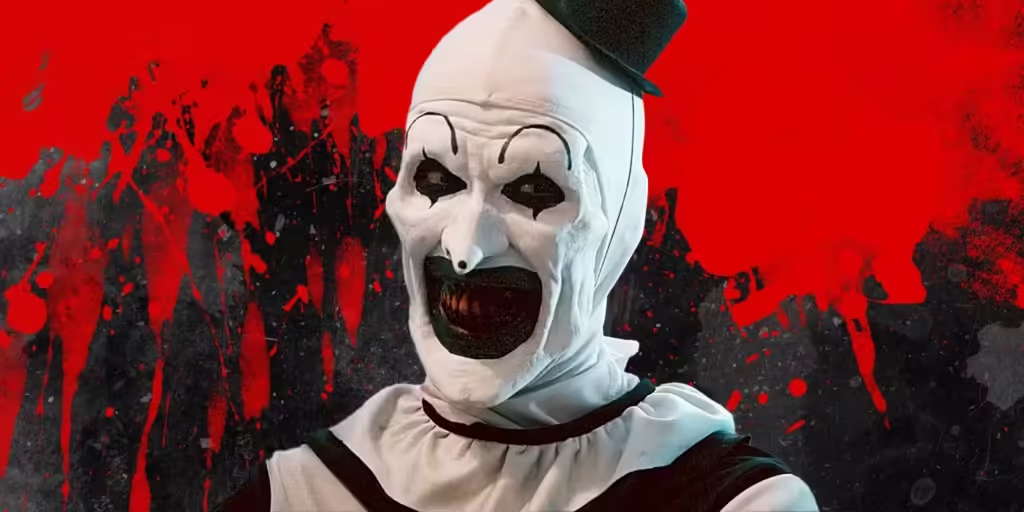
Horror as a Coping Mechanism
Interestingly, studies show that watching horror movies can even help people become more resilient in the face of real-world stress. A 2021 study conducted by the University of Chicago found that horror fans experienced less psychological distress during the COVID-19 pandemic. People described as “morbidly curious” tended to cope better with feelings of fear and uncertainty.
Watching horror movies can be therapeutic because it allows viewers to face their fears from a safe distance. Andrea Subissati notes that horror movies let people experience fear without actual danger. By doing this, audiences can practice their reactions to stress and fear, which might help them handle real-life situations better. Horror movies give viewers the chance to see how characters navigate terrifying scenarios, and they might think, “What would I do in this situation?” This self-reflection can be psychologically beneficial and even empowering.
The Evolution of Horror Movies
Another reason horror movies are seeing a boom is their evolution and the way they now explore more complex themes beyond just blood and gore. In the past, horror movies like Scream and Friday the 13th were often about young people being hunted down for their transgressions, such as drinking or being sexually active. But today’s horror movies often dig deeper, addressing societal issues like race, privilege, and identity.
Take Get Out, for example. The film, directed by Jordan Peele, uses horror to tackle racism and social injustice. Another example is The Babadook, which explores grief and the struggles of motherhood. These modern horror movies offer a richer, more thought-provoking experience that appeals to audiences looking for more than just jump scares.
Even TV series like Stranger Things, The Last of Us, and Wednesday incorporate horror elements while weaving in other genres, making horror accessible to a wider audience. Shows like Game of Thrones have also pushed boundaries, making viewers more open to darker and more intense storytelling.
Conclusion
Horror movies are more than just entertainment; they offer a way to experience fear safely, to confront and understand our anxieties, and to see how characters cope with challenges. In a world filled with uncertainty, horror gives audiences a chance to explore the emotions they might otherwise avoid. Whether it’s through the thrill of fear, the comfort of catharsis, or the deep exploration of societal issues, horror movies provide an important space for viewers to reflect on their own lives.
So, if you think you’re not a horror fan, maybe it’s time to look again. There’s a wide variety of horror out there, and as Andrea Subissati says, “I truly, fundamentally believe that there’s horror out there for everyone.” Whether you enjoy classic monster films, psychological thrillers, or modern, socially conscious horror, there’s a scary story for every taste. Horror movies might just be the perfect way to face the fears you never knew you had, all from the comfort of your couch.
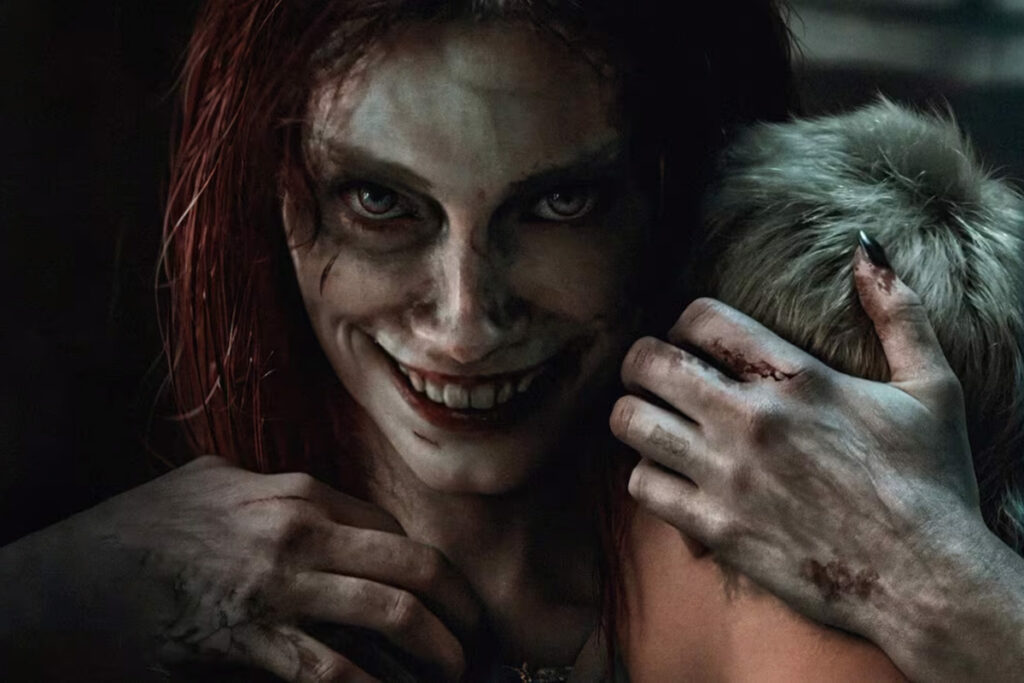
FAQs
Why do people enjoy horror movies?
- People enjoy horror movies for the adrenaline rush and thrill they provide. Watching horror is a way to experience fear and excitement in a controlled environment, knowing that they are safe. For many, it’s similar to the excitement of riding a rollercoaster—scary but ultimately harmless.
Are horror movies only for younger audiences?
- While horror movies tend to attract younger audiences, such as Generation Z and Millennials, they are not limited to them. Older generations can also enjoy horror, especially when the themes are deeper and resonate with real-world issues. Horror movies are becoming more diverse, offering different subgenres and styles for all age groups.
Can horror movies help reduce stress and anxiety?
- Surprisingly, yes. Research shows that watching horror movies can act as a form of psychological coping. By facing fear in a safe setting, horror fans can process their anxieties and emotions, potentially building resilience in real life. It offers a cathartic release for some, helping them manage stress and fear.
How have horror movies changed in recent years?
- Modern horror movies often explore complex themes beyond simple jump scares or gore. Today, horror films may address social issues like racism (Get Out), grief (The Babadook), or extreme privilege (Infinity Pool). Horror has evolved to include more thought-provoking and emotionally engaging storytelling, appealing to a broader audience.
What are some popular horror movies for beginners?
- If you’re new to horror, it’s best to start with films that balance suspense and scares without overwhelming gore. A Quiet Place, The Others, and The Sixth Sense are great options for beginners. If you prefer psychological thrillers, Hereditary and The Witch provide deeper, chilling experiences without relying heavily on graphic content.
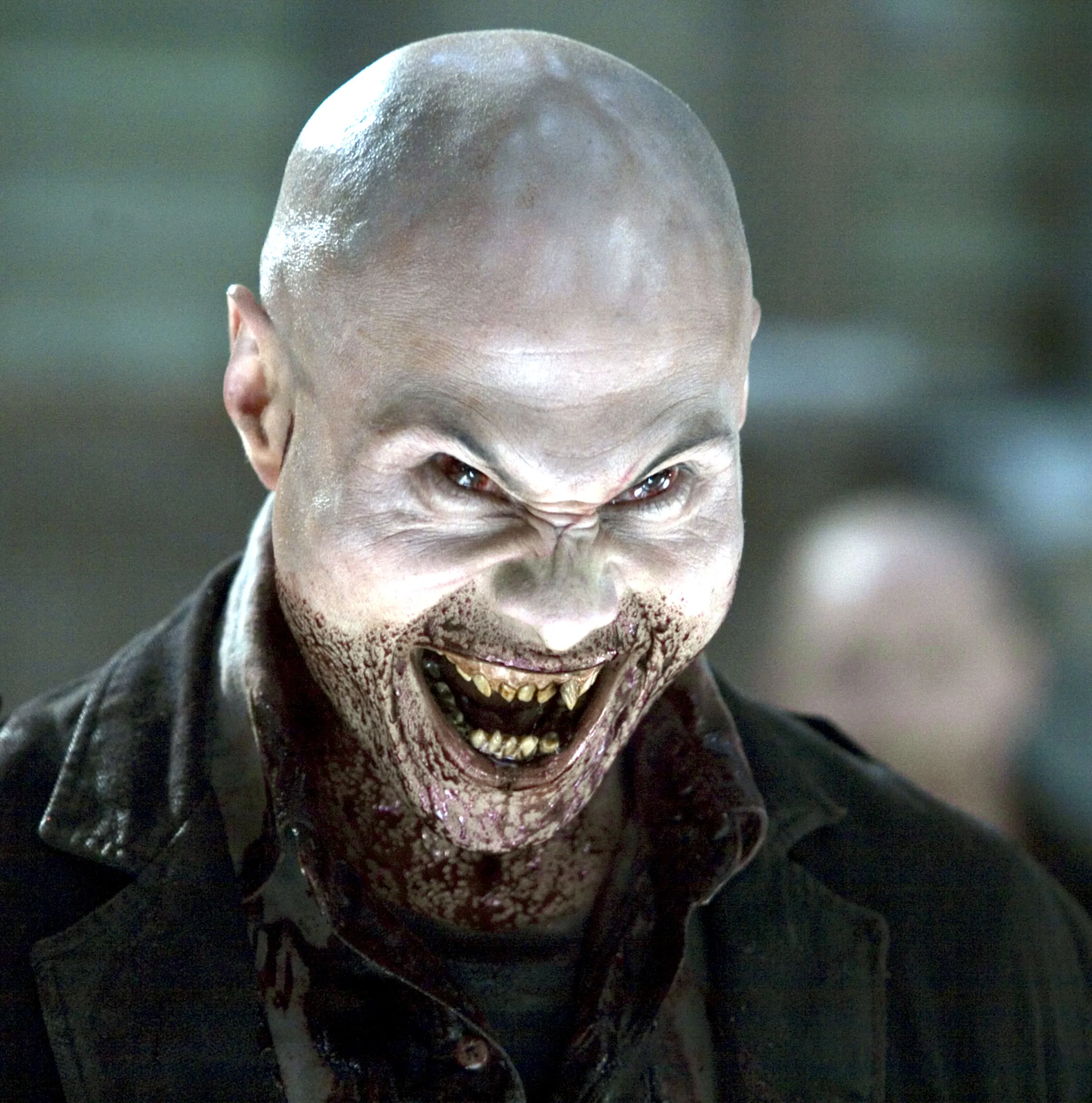
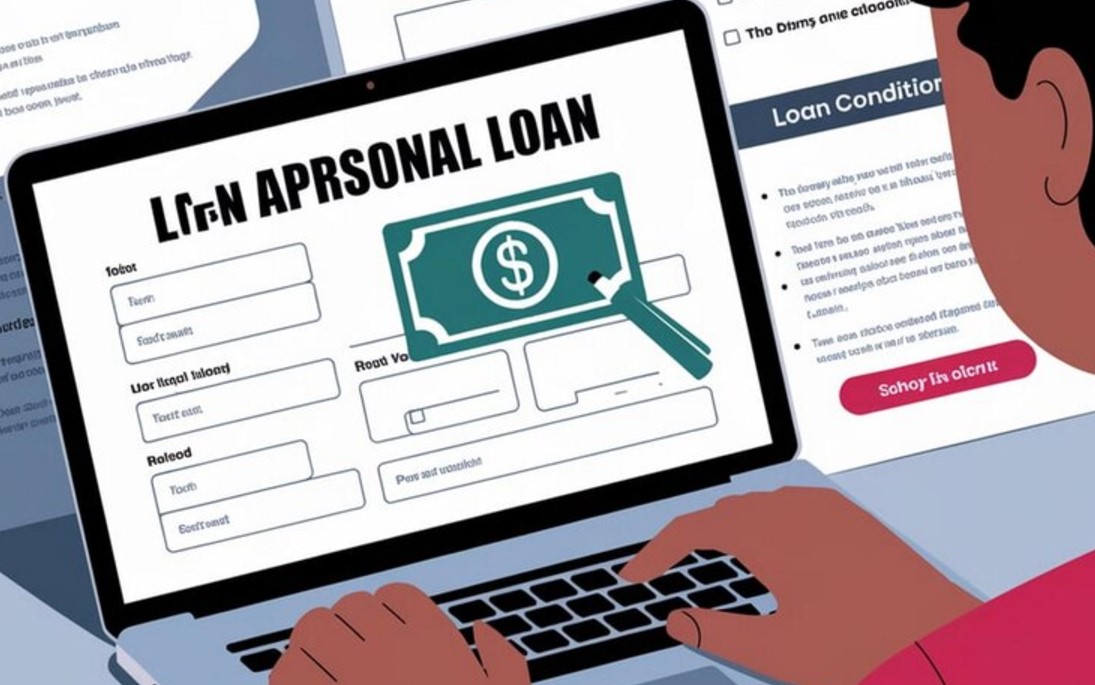


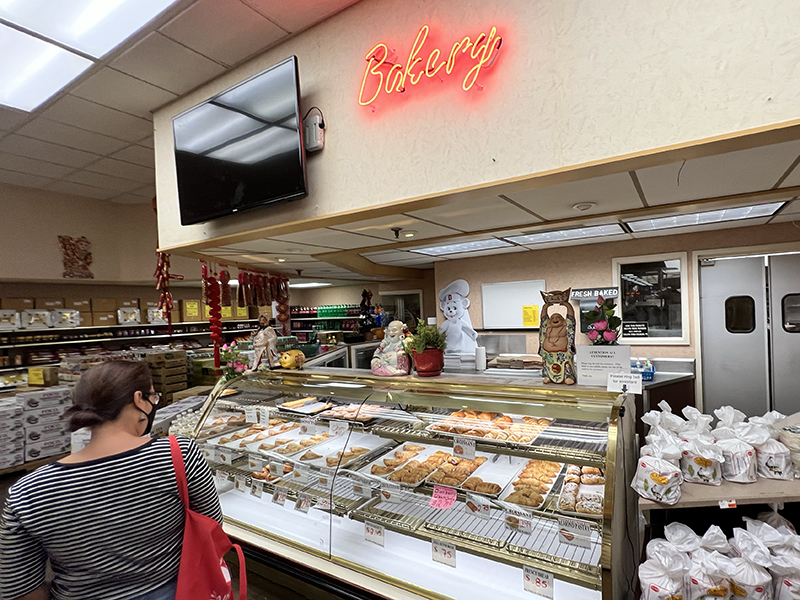
Leave a Reply